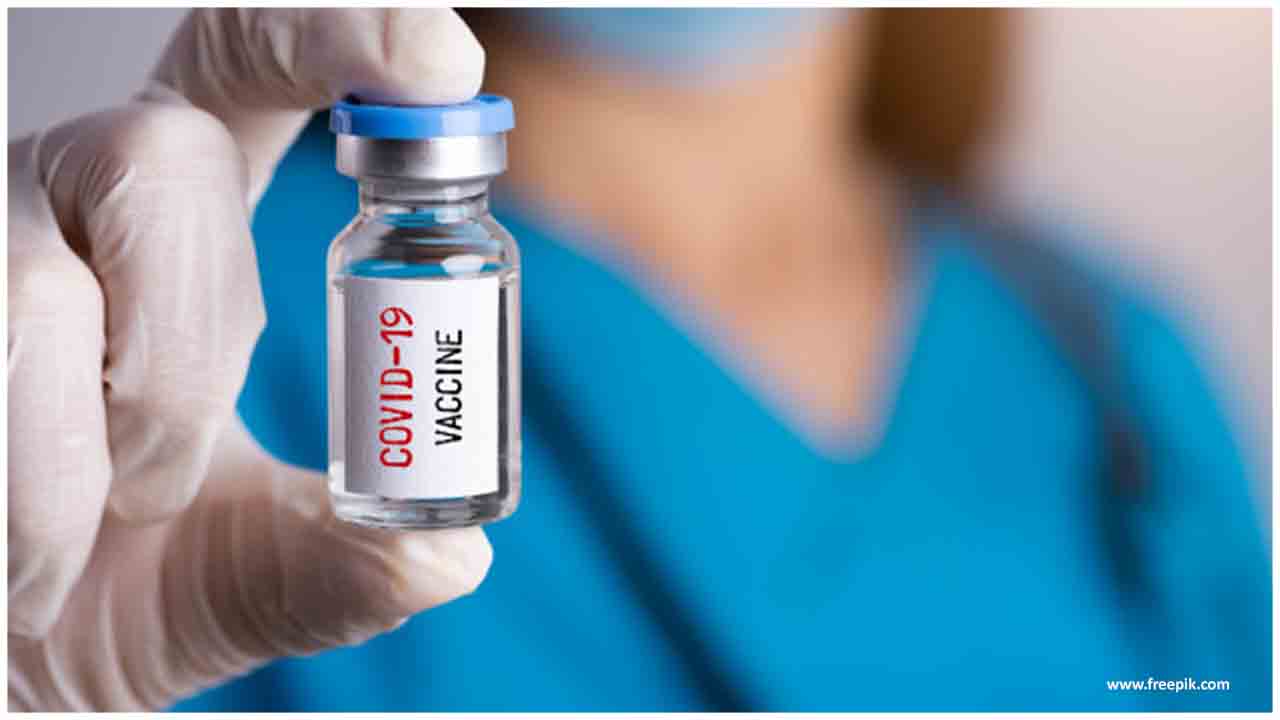AstraZeneca's test COVID-19 antibody is presumably the world's driving up-and-comer and generally progressed regarding advancement, the World Health Organization's (WHO) boss researcher said on Friday.
The British drugmaker has just started enormous scope, mid-stage human preliminaries of the antibody, which was created by analysts at the University of Oxford.
This week, AstraZeneca marked its tenth flexibly and-assembling bargain.
"Absolutely as far as how best in class they are, the phase at which they will be, they are I think presumably the main competitor," WHO boss researcher Soumya Swaminathan told a news meeting.
"So it's conceivable they will have results very early."
Swaminathan said Moderna's COVID-19 antibody competitor was "not a long way behind" AstraZeneca's, among in excess of 200 applicants, 15 of which have entered clinical preliminaries.
"We do realize that Moderna's antibody is likewise going to go into stage three clinical preliminaries, most likely from the center of July, thus that immunization up-and-comer isn't a long way behind," she said.
"Be that as it may, I think AstraZeneca absolutely has an increasingly worldwide degree right now as far as where they are doing and arranging their antibody preliminaries."
The WHO is in chats with different Chinese makers, including Sinovac, on likely immunizations, just as with Indian specialists, Swaminathan said.
She called for drugmakers to consider working together on COVID-19 antibody preliminaries, like the WHO's progressing Solidarity preliminary for drugs. A WHO-drove alliance battling the pandemic on Friday asked the government and private part contributors to help raise $31.3 billion in the following year to create and convey tests, medicines, and immunizations for the sickness. The activity is known as the ACT-Accelerator.
Andrew Witty, Special Envoy for the ACT-Accelerator, said it was essential to consider an "arrangement of exploration endeavors" for antibodies.
"It's still early days in this excursion, we might be excessively fortunate - which would be stupendous - and have early success," Witty said. "Regardless of whether it takes 12 to year and a half that would be unprecedented, the world's quick improvement of immunization."

 Moderna's COVID-19 vaccine candidate was also "not far behind" Astrazeneca's, among more than 200 candidates, 15 of which have entered clinical trial
Moderna's COVID-19 vaccine candidate was also "not far behind" Astrazeneca's, among more than 200 candidates, 15 of which have entered clinical trial









.jpg)


.jpeg)






.jpeg)





.jpg)





